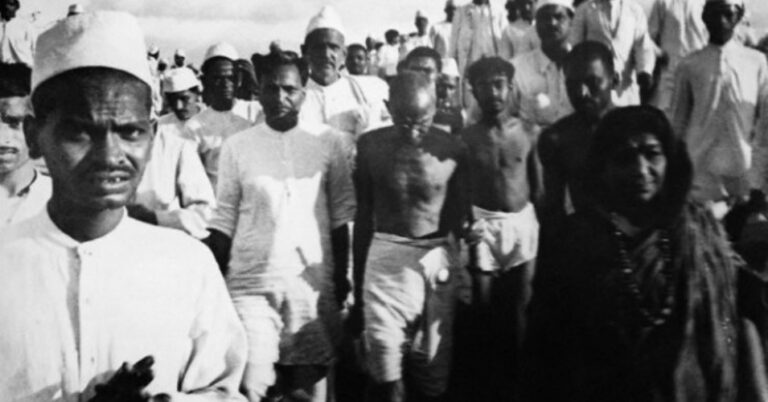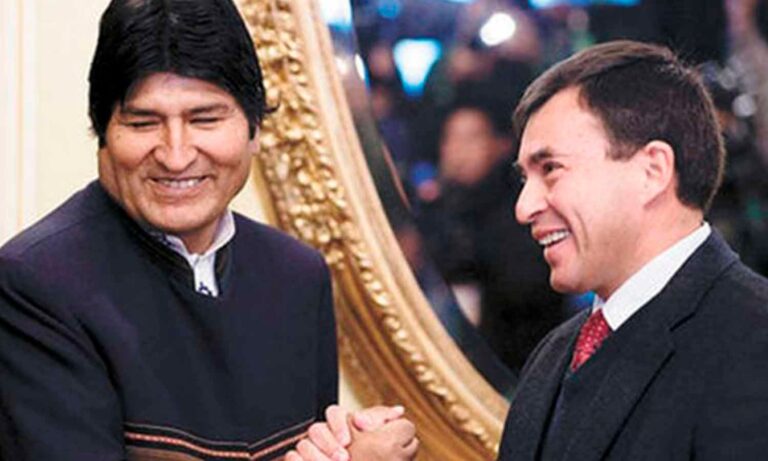Penetrating Curtains of Deceit: I.F. Stone’s ‘The Hidden History of the Korean War’
The eruption of full-scale war on the Korean Peninsula advanced U.S. geopolitical interests and those of its key Asian clients; it also provided the pretext for President Truman to quadruple the military budget and create a militarized economy and foreign policy that remain with us to this day.









